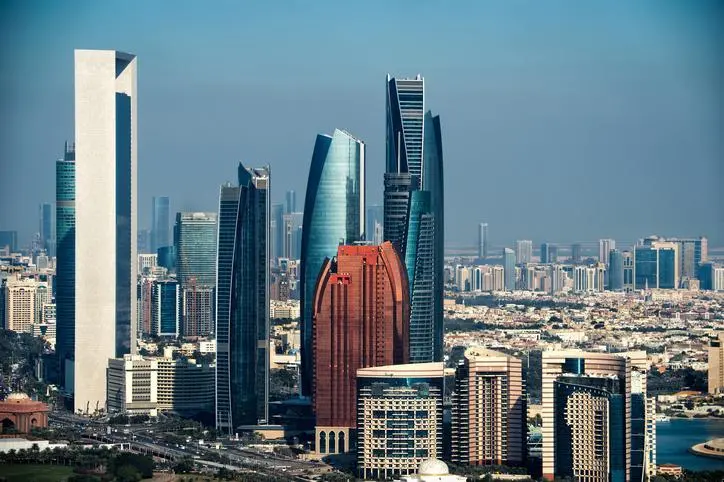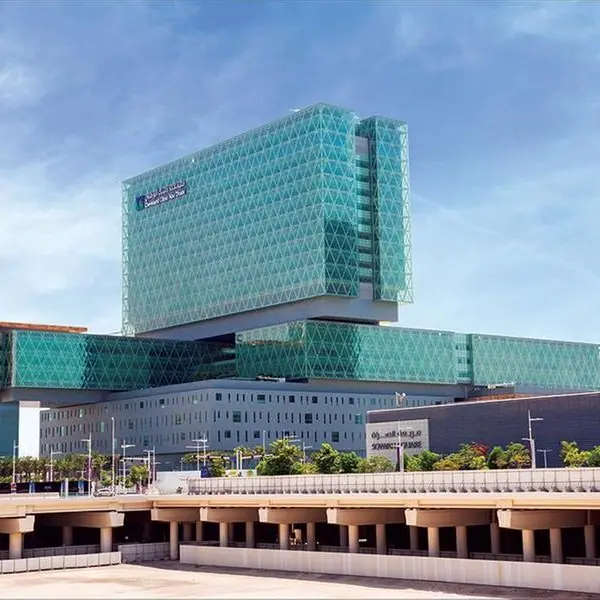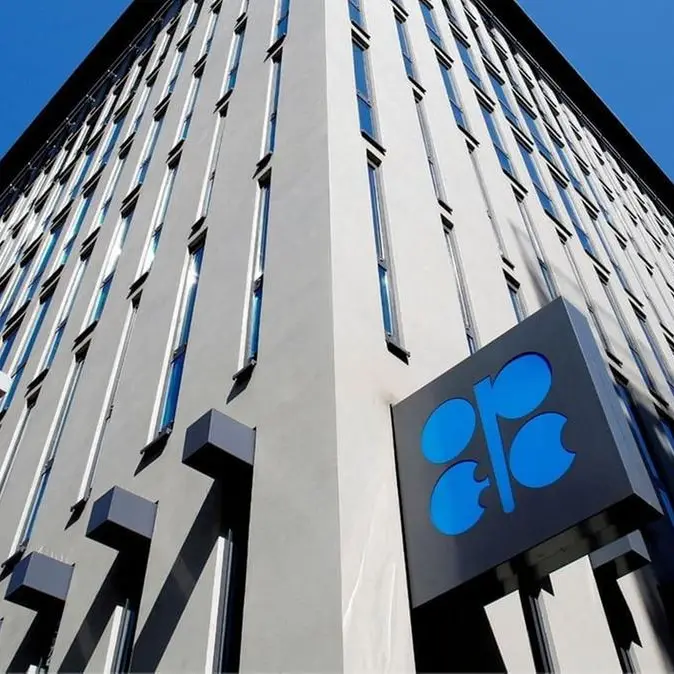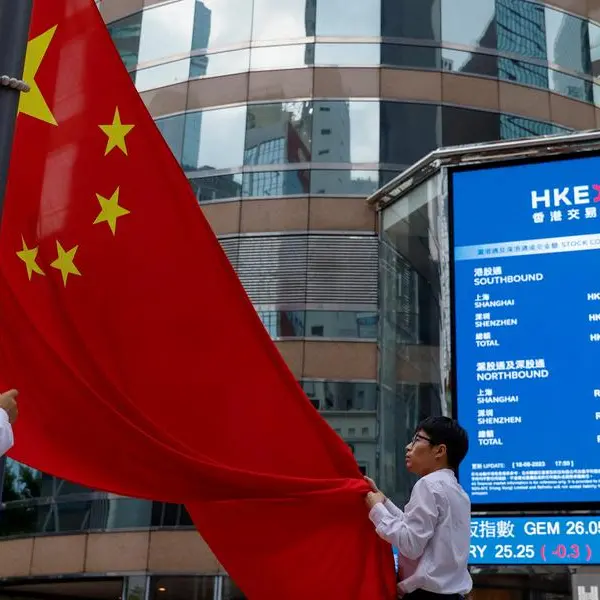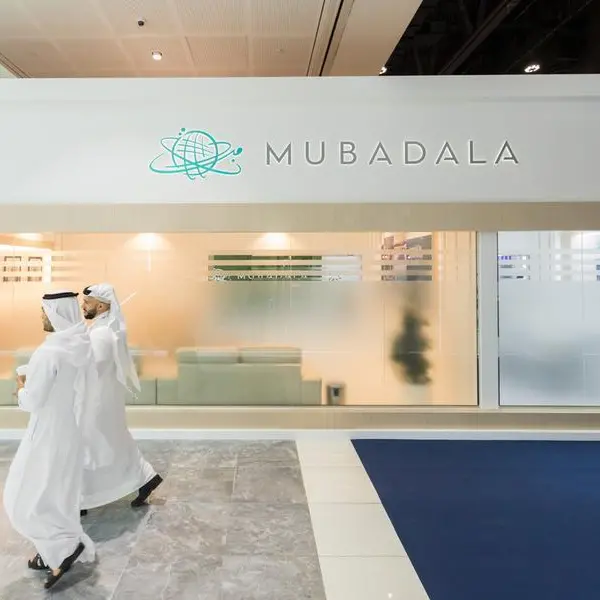PHOTO
ADQ, Abu Dhabi’s newest sovereign fund, has a remit to reshape the emirate’s economy and is key to the oil exporter’s diplomatic ambitions, according to industry experts.
While the Abu Dhabi Investment Authority (ADIA) focuses almost exclusively on long-term financial returns, ADQ and Mubadala, another Abu Dhabi sovereign fund, have broader objectives, according to Steffen Hertog, Associate Professor at The London School of Economics and Political Science (LSE).
Abu Dhabi’s government founded ADQ in 2018 with the aim of helping to diversify the emirate’s economy. Its chairman is Sheikh Tahnoon Bin Zayed Al Nahyan, the UAE’s national security advisor and the brother and close ally of Sheikh Mohammed bin Zayed Al Nahyan, president of the UAE and the ruler of Abu Dhabi.
“ADQ started as a holding company for various existing state-owned assets but has since started acquiring local and international assets,” said Hertog. “It seems to be taking on a role similar to that performed by Mubadala, taking larger direct shares in companies in sectors of strategic, developmental importance for Abu Dhabi, so it is much more than a financial investor.”
In May, ADQ signed a partnership agreement with Greece’s national development bank and sovereign fund to co-invest €4 billion in Greek companies.
Similarly, Abu Dhabi has shored up its support of Egypt’s president via a $20 billion investment programme. In April, ADQ announced it had bought stakes in several Egyptian companies, including Commercial International Bank (CIB), Alexandria Container & Cargo Handling Company and two fertiliser makers.
“Some of its deals, [such as] in Egypt, probably have a geopolitical dimension,” said Hertog. “This would be unsurprising given the high political profile of its chairman, Sheikh Tahnoon.”
ADQ’s portfolio spans multiple industries such as energy and utilities, financial services, transport, healthcare, trade, agriculture, manufacturing, real estate and technology. Among its myriad assets, ADQ owns Abu Dhabi Securities Exchange, the local stock market; Emirates Water and Electricity Co., Abu Dhabi’s monopoly utility company; Abu Dhabi Ports Group; Etihad Rail; Emirates Steel; and health insurance provider Daman. Abu Dhabi Ports raised $1.1 billion in a February IPO.
In January, ADQ announced it would merge Abu Dhabi Health Services Company (SEHA) and Daman into Pure Health to create what it called the UAE’s largest healthcare provider. The new entity will also include three other firms: Tamouh Healthcare, Yas Clinic Group and Abu Dhabi Stem Cell Center.
“Abu Dhabi has been super active in domestic M&A, consolidating and effectively nationalising parts of the economy,” said Akber Khan, Senior Director of Asset Management at Al Rayan Investment in Doha. “Majority or fully owned state-owned entities have been aggressively investing in both private and listed companies. The aim is to reach national, regional or global critical mass across a number of industry verticals. In some cases, this will lead to future IPOs.”
In June, ADQ agreed to acquire Turkish medical supplies maker Birgi Mefar Group (BMG), which it says will aid its plan “to build a fully integrated healthcare and life sciences platform in the UAE”.
ADQ also bought Acino, a Swiss-based pharmaceutical manufacturer, this year. In 2021, it acquired UAE pharmaceuticals maker Pharmax and Egyptian rival Amoun. It is a minority shareholder in Biocon Biologics Limited, which claims to be India’s largest biopharmaceutical company.
These investments are part of ADQ’s stated aim “to strengthen the UAE’s position as a regional pharma and manufacturing hub […] ADQ plans to expand its footprint in pharma manufacturing in the UAE through greenfield projects via international partnerships.”
Last December, ADQ took control of several units of Abu Dhabi government–owned airline Etihad Airways in what amounts to an asset reshuffle. Those businesses now part of ADQ include Etihad Engineering, Etihad Airport Services Cargo, Etihad Airport Services Ground, Etihad Aviation Training, Etihad Secure Logistics and Etihad Technical Training.
ADQ has also formed governmental partnerships to support the Middle East’s fledgling tech industry, which many hope can provide skilled jobs for the region’s young population. In June, ADQ and Jordan’s government launched a $100 million venture capital tech fund, and in March it opened a $300 million venture capital fund with Turkey’s sovereign wealth fund to invest in other venture capital tech funds and startups.
(Reporting by Matt Smith; editing by Seban Scaria)
